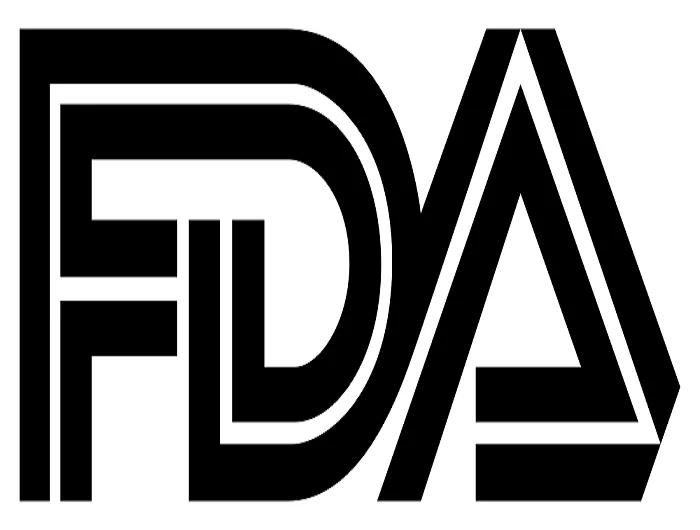CSPI urges FDA not to open Pandora’s box with sweeping changes to food standards of identity

Industry proposal would change standards for many staples
The Center for Science in the Public Interest today urged the Food and Drug Administration not to adopt an industry proposal that the nonprofit food and health watchdog group says threatens to change the standards of identity for many commonly consumed staples, including bread, milk, and cheese.
In a letter to Dr. Susan Mayne, the Director of FDA’s Center for Food Safety and Applied Nutrition, CSPI said that standards of identity help ensure transparency and promote public health. While the group supports some changes that benefit public health, such as allowing sodium substitutes in standardized foods, it warns that other changes proposed by industry could do harm to consumers, for example by allowing bread manufacturers to add deceptive colorings to bread and palm oil to chocolate.
“Regulators at the FDA, and in fact all Americans, should be deeply skeptical about the food industry’s interest in literally redefining certain common foods,” said CSPI deputy director of regulatory affairs Sarah Sorscher. “If past is prologue, the food industry will use this opportunity to make changes that mainly advance its own marketing or cost-cutting efforts, not public health. The FDA shouldn’t open a Pandora’s Box of sweeping changes to the standards.”
The letter encourages the FDA to reject industry proposals for sweeping changes that would give industry broad discretion to make changes to standardized foods without specific approval by the agency. Instead, the letter asks the agency to ensure that any amendments to the standards are targeted, clearly defined, transparent, and fully considered to support specific public health priorities. It also asks the agency to establish, by regulation, a tiered system that would facilitate swifter review of changes to the standards, giving expedited scrutiny to uncontroversial changes.
The group also asks the agency to consider steps to require food companies to declare the amount of key healthful ingredients, like whole grain, fruits, and vegetables, on food labels. Such declarations are important to prevent consumers from being misled by claims like “made with whole grain” bread, which may compete with standardized label claims like “100 percent whole grain.”
Contact Info: Contact Jeff Cronin (jcronin[at]cspinet.org) or Richard Adcock (radcock[at]cspinet.org).

